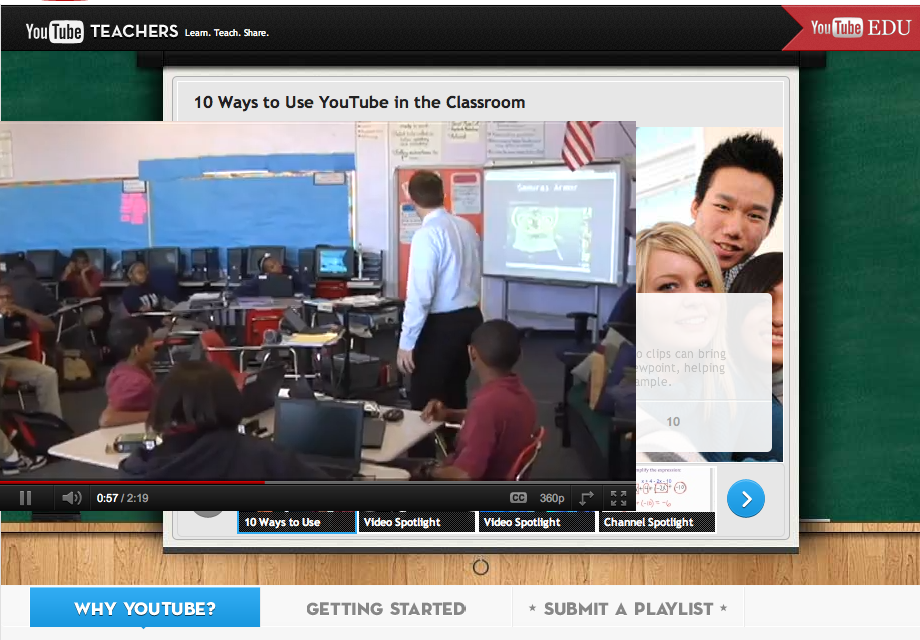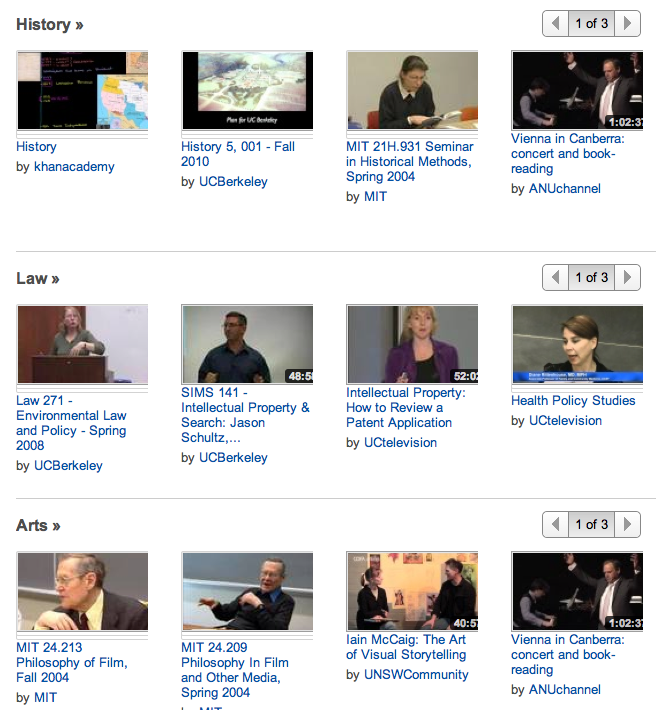Earlier this week, through Twitter, I became acquainted with Lisa Hinchliffe, Professor/Coordinator for Information Literacy Services and Instruction in the library at the University of Illinois at Urbana-Champaign, and an affiliate faculty member in the university’s library school.
While perusing her writing, this paragraph resonated with me:
Careful consideration to constructing the learning environment and not only focusing on teacher performance has been a mantra for my instructional design practice since then.
This is a particularly interesting area of investigation for me as a teacher librarian because it helps me articulate what the ‘teacher’ in ‘teacher librarian’ might be about. When people ask me where I work and I say Melbourne High School, they assume I’m a teacher, and when I say I’m a teacher librarian, they say, oh, you’re in the library, and I feel as if they’ve put me into a box, like a music box that, when opened, keeps the ballerina firmly attached to her space, rotating clockwise only to one tune. They’re more likely to refer to me as a librarian; definitely not a teacher – not a real one anyway.
Nothing could be further from the truth, in fact, because (and I feel like telling them this, but it’s too long and sounds defensive), my role is just as integrated in education as a teacher’s only it doesn’t necessarily play out as the teacher at the front of the class which the teacher owns.
Everything I do is connected with the teaching and learning that happens in the school: I work across the curriculum, I teach transferable skills, I create curricular content and educational resources, and I depend on collaboration with teachers and students. Nothing useful would eventuate if I didn’t collaborate – that is, have conversations, come into classes, watch how teachers teach, watch how students learn, etc. If I didn’t do that, if I didn’t have that insight and developing understanding, then my work would be detached from the work of teachers and learning of students, and I would be exactly what most people think I am – in a world of my own, the library world, ‘not doing any work’, as some teachers like to joke (it’s getting tired). I do a version of what all teacher librarians do. It might play out differently for each of us, depending on our areas of expertise and the demands of our students and teachers, but teaching and learning is our common focus.
Of course, the big one in terms of being accepted as a real teacher is that you assess student work and write reports – and that’s sad because teachers’ talents do not reside in this tiresome task. It’s sad that the marking becomes the overriding signature of teaching. Teachers know that it’s much more than this but it seems that the time and energy assessment and associated administrative tasks take is what is exhausting teachers and taking them away from what they actually want to do: teach. And teaching comes in many forms; teacher librarians do it a different way but we still do it.
So, big rave, but ‘teacher performance’ is what most people equate with ‘teaching’ and ‘being a teacher’. If I don’t ‘teach class on my own’, if I’m not standing there talk-teaching, if I’m not marking or writing reports, then I’m not a teacher; I must be a librarian.
Sigh.
‘The learning environment’ that Lisa mentions is really something that I’m interested in unpacking, and I think I’m in the position of understanding it well because of my whole-school involvement with teaching and learning. This whole-school, cross-curricular focus is what gives teacher librarians a unique edge.
All teachers know well that learning happens everywhere, anytime and not just in the classroom during the class. I have a form this year, for the first time, and I try to inject as much learning (in the broadest sense) as possible into those 10 minute daily sessions. The blog that I started for my students is a virtual time-capsule which I hope they’ll appreciate once they leave school. It’s a mish-mash of photos of students, recorded interviews with them, short panel sessions about what they think, whiteboard surveys of inane content, interspersed with creative short films and animation, gifs, memes (whatever I think they might respond to), and some academic guidelines along the lines of study skills and sharing of our online resources for some of their subjects. Mostly the blog is an experiment, and the main aim is to create community, to let them know I care about them, not just their academic pursuits, hopefully support them when they do something they’re proud of, enable them to support each other.
The ‘learning environment’ is exactly what the library is about. Of course, the whole school is a learning environment but the library is a more concentrated one. Unlike classrooms which are utilised by specific teachers and classes, the library is a space for everyone – across age groups, academic levels, and areas of the curriculum. The library designs its spaces and purpose within these spaces very carefully, in response to the needs of its users – never static, always acting on ongoing reflection and observation, always experimenting.
The word ‘library’ has been contentious for a long time – some prefer ‘learning commons’, some ‘media centre’, others insist the traditional ‘library’ is still the most apt name. Perhaps. It does come with a lot of baggage, but then even new words acquire the baggage over time. In the past I’ve been annoyed when ‘library’s’ main connotation was a space for books but these days I doubt that anyone would have that limited view for either school or public library. Both are open, welcoming spaces and both are synonymous with learning and community. When people come into the library, they may not be aware of all the different teaching and learning contexts that play out throughout the school day but they certainly understand the main gist of ‘librarian’.
However, it’s the ‘teaching’ part of ‘teacher librarian’ which may not be entirely clear. I’ve pulled out two quotes from Lisa’s powerpoint (linked from her blog post):
“Teaching: Any activity that has the conscious intention of and potential for facilitating learning in others”. Robert Leamonson
“Good teaching is the creation of those circumstances that lead in significant learning in others”. Donald L. Finkel in ‘Teaching With Your Mouth Shut’.
We, teacher librarians, are all about the conscious intention of and potential for facilitating learning, and the creation of circumstances that lead to learning in our students. It’s in the way in which we organise our spaces, watching to see that our design works best for individual, collaborative, supported and any other kind of learning. It’s in the way that we select and promote our resources, and how we get to know each student so we can offer assistance with a resource, a skill, or just have a caring conversation. It’s in the way that we connect students to significant events that might otherwise go unnoticed, or to brilliant people whom they may not have heard about, enriching our students’ lives and reminding them of what or who is worth celebrating, which issues we might unpack together, or how much fun we can have dressing up as our favourite literary characters when we might learn something we didn’t know without even knowing we were learning.
It’s time to broaden our understanding of ‘teaching’. Only then can the ‘teacher’ in ‘teacher librarian’ begin to be understood.

Constant Moyaux (French, 1835–1911) View of Rome from the Artist’s Room at the Villa Medici, 1863 Watercolor on paper





